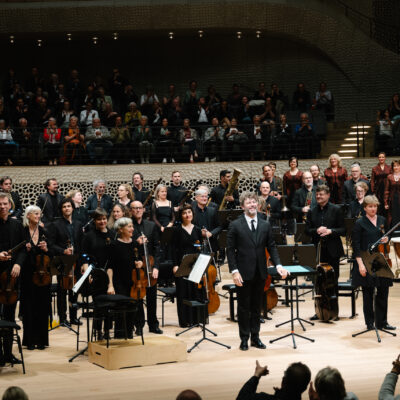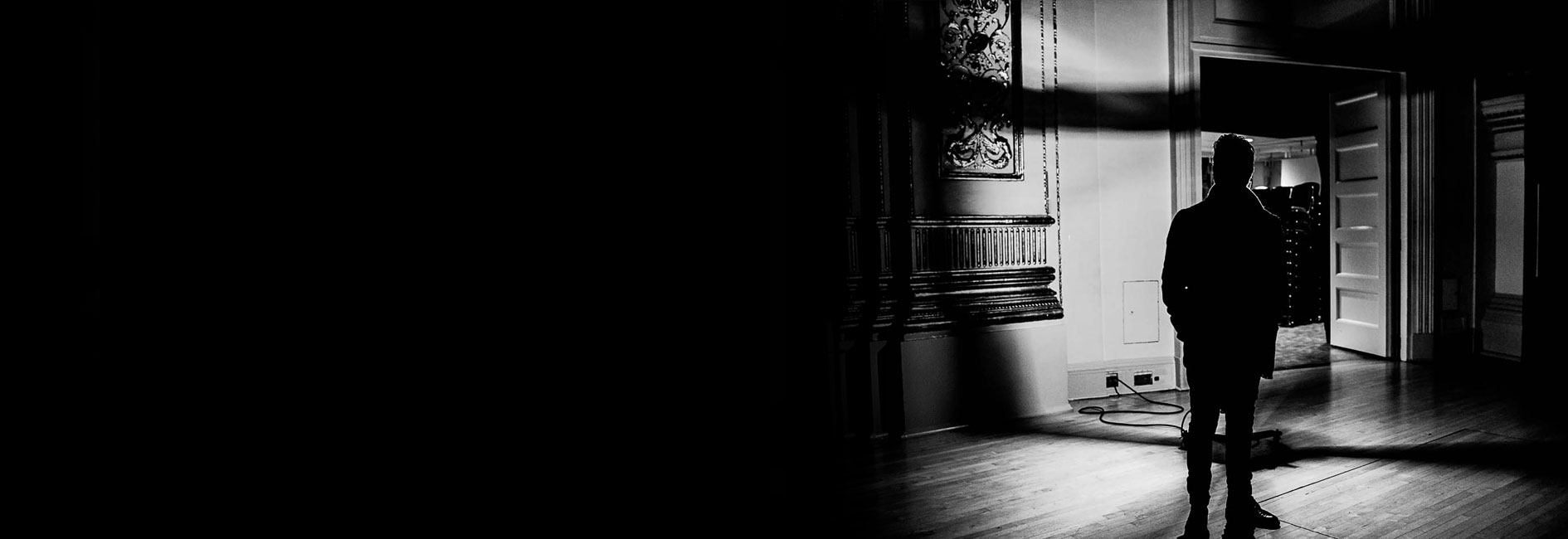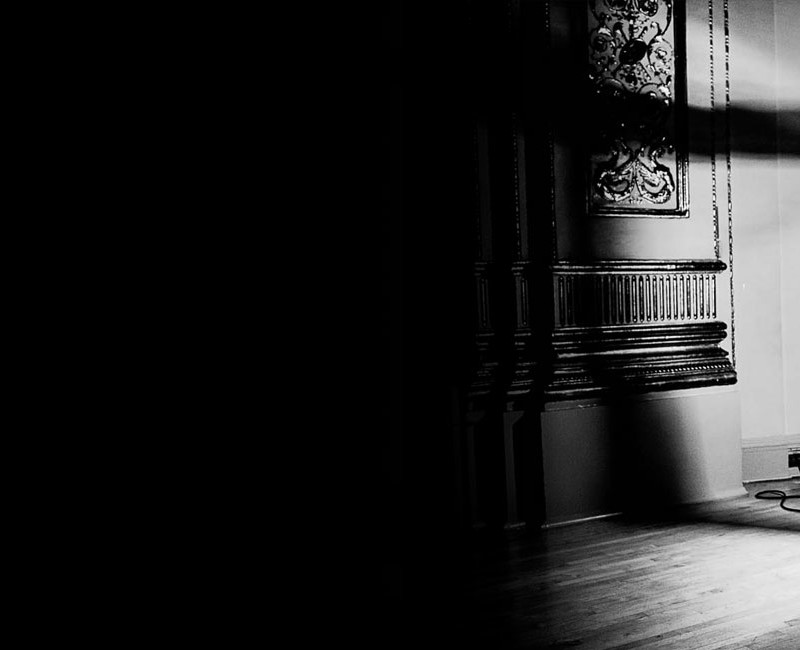
Freiburger Barockorchester Tour Press Reviews
22 may 2023
Kölner Stadtanzeiger
Soundtrack for a summer night.
“[…] The threads of the performance, which was magnificent in every respect, came together under the Spanish conductor Pablo Heras-Casado, who had already given Franz Schubert’s «little» C major symphony a striking profile: a perfectly balanced interplay of different movement patterns, a graceful dance of lace, which was interrupted every now and then by cheerfully booming canon salvos.”
Generalanzeiger Bonn
A dream in the summer night.
“[…] Together with the Freiburg Baroque Orchestra, conducted by Pablo Heras-Casado, which performs with both nimbleness and precision […] The Symphony No. 6 in C major by Franz Schubert, played in the first part of the concert, not only served as a cheerful prelude to the comedy, but also manifested itself as music of its very own value: Heras-Casado and the orchestra, playing on authentic instruments, struck the Rossini-like tone of this symphony with a hand that was as energetic as it was light.”
Kölnische Rundschau
How to refine Mendelsohn Bartholdy.
«Music!» the elf king Oberon calls out to the orchestra. And immediately a number from Felix Mendelssohn-Bartholdy’s «A Midsummer Night’s Dream» is heard, which sounds a little different than usual, because the Freiburg Baroque Orchestra fills it with spooky moments: The clarinet whispers, the natural horns roar, and the vibratoless strings make the elves dance unreal. The colours of a «historically informed» orchestra are a real added value in such pictorial music. This fresh view of Mendelssohn’s ingenious drama music is the highlight of the Philharmonic concert conducted by the Spaniard Pablo Heras-Casado. […]
But Heras-Casados’ interpretation also has it all. It is extremely polished, leaves no detail unnoticed. The orchestra speaks. Even well-known highlights such as the overture and the wedding march are given a new makeover. And the outstanding female voices of the RIAS Kammerchor Berlin serve up the elfin songs like an airy soufflé. A great concert, then, were it not for the Schubert before the interval.
The edgy, harsh and fast-paced view of the Viennese romantic’s sixth symphony is a little disturbing. Nowhere does warmth and charm flash up. Instead of letting the music breathe, one seeks happiness in overused accents and showy virtuosity. Although Schubert’s Sixth is demonstrably inspired by Rossini’s elegance and effervescence, the Freiburgers present a Beethoven knock-off. Schubert, however, distances himself early on from Beethoven’s rival and renounces his «bizarreness».
Kölner Stadtanzeiger
Soundtrack for a summer night.
“[…] The threads of the performance, which was magnificent in every respect, came together under the Spanish conductor Pablo Heras-Casado, who had already given Franz Schubert’s «little» C major symphony a striking profile: a perfectly balanced interplay of different movement patterns, a graceful dance of lace, which was interrupted every now and then by cheerfully booming canon salvos.”
Badische Zeitung
[…] The way the Freiburg Baroque Orchestra (FBO) with its – familiar – guest conductor Pablo Heras-Casado and the actor Max Urlacher realise Mendelssohn’s congenial musical reflection on Shakespeare’s comedy is a work of art in its own right. […] Heras-Casado’s reading is powerful, clever, richly contrasting in tempi – the conductor unites the characters of the piece. […] Particularly evident is the dialogue principle that Heras-Casado extracts from the finale of this so-called «Little C Dur Symphony». At the beginning, the almost gavotte-like classical – old – time, reacting to it, much faster in tempo, the modern Italianita: frenzied 16ths in the violins and a very Viennese «terzelt» theme in the woodwinds. The tempo contrast is not notated – but through it, the music also becomes a comedy.”
Wiener Zeitung
“His Symphony No. 6 is a milestone for Franz Schubert, who was only 21 years old when it was composed. Pablo Heras-Casado proves this impressively at the Musikverein with his Freiburg Baroque Orchestra. No sooner did the gripping opening in the first movement sound very much like powerful Beethoven than the composition shifts immediately to the sweet, which fortunately never sounds cloying with the Spaniard on the podium. Instead, there is a lot of sensitivity and balance. This Schubert really sounds like someone who is happily trying things out without taking himself too seriously. The Scherzo is light-footed and joyful, while the final movement is somewhat impetuous and out of round.
After the interval, drama, song and orchestral work come together as a single programme item – that doesn’t happen often at the Musikverein. Heras-Casado and the Freiburg Baroque Orchestra are joined by the ladies of the RIAS Kammerchor Berlin for Mendelssohn Bartholdy’s incidental music to Shakespeare’s «A Midsummer Night’s Dream». In addition, the performer Max Urlacher takes a semi-staged parforceride through the comedy. The orchestra and chorus are well measured and work with fine transitions, the well-known wedding march is appropriately solemn. The concept of a text that sometimes oscillates loosely between today’s everyday language and Shakespearean high language could work well, but Urlacher finds it difficult to portray each of the emerging characters convincingly.”
Der Standard
«It is not easy to say whose footsteps the Spanish conductor Pablo Heras-Casado is following. If one were to call him the legitimate heir of the neutronophone composer Pierre Boulez (1925-2016), one would not be far wrong. He has just premiered the new piano concerto by Russian-born Elena Firsova, which she composed for pianist Yefim Bronfman, in Munich, garnished with works by György Ligeti and Igor Stravinsky. Heras-Casado’s mentor Boulez would also have been delighted with this programme. And like Boulez in his earlier days, Heras-Casado will now conduct Richard Wagner’s «Parsifal» at the Bayreuth Festival.But the shoes of Austria’s most famous early music pioneer Nicolaus Harnoncourt (1929-2016) also fit the Spaniard perfectly. «He was always a role model and an idol for me,» says the 45-year-old musician. Although he did not study with him and only met him once in the dressing room of the Berlin Philharmonic, «he personally invited me to conduct his ensemble, the Concentus Musicus Wien, and I was one of the first people besides himself to conduct his ensemble. That was a great honour for me.» And so the Spaniard last appeared in Vienna with works for whose groundbreaking performances Harnoncourt was celebrated, namely the early Baroque operas of Claudio Monteverdi. At the beginning of April, Heras-Casado concluded his three-part Monteverdi cycle at the Vienna State Opera with “Il ritorno d’Ulisse in patria». Heras-Casado will travel to Cologne next week with another renowned early music ensemble, the Freiburger Barockorchester, like the Harnoncourt ensemble a «pillar of historical performance practice», as Heras-Casado says, but: «The Freiburgers have their own personality and identity. Heras-Casado has had a close musical relationship with these musicians for many years, which began over ten years ago with Franz Schubert and has now returned. After releasing Symphonies No. 3 and 4 in 2013, Harmonia Mundi will release another album with Symphonies No. 5 and 7 («Unfinished») in June. For Heras-Casado, Schubert is a composer who comes from Haydn and Mozart and was influenced by Beethoven, but who nevertheless found his very own voice as a representative of early Romantic music. «In Symphony No. 6, for example, which we will play in Cologne, the presence of Rossini’s music is extraordinary,» he says. «It is his most operatic symphony. And yet you can identify Schubert’s individual voice from the very first moment.«
The evening in Cologne also takes a dramatic musical route with Felix Mendelssohn-Bartholdy’s complete incidental music to Shakespeare’s «A Midsummer Night’s Dream», with actor Max Urlacher speaking the meaningful texts between the musical numbers. «For me, the whole programme is a journey full of dramatic contrasts,» says Heras-Casado.The Cologne Philharmonie was also the place where he met the American director Jay Scheib, who will stage «Parsifal» in Bayreuth. «It wasn’t planned, it was a real coincidence,» he says. «At that point we already knew that we would be working together in Bayreuth. In the time that followed, they met even more often. Of course, Scheib’s plan to include so-called «augmented reality», which had already been heavily discussed in Bayreuth, was also a topic of discussion. For this purpose, at least some of the audience will be equipped with appropriate glasses. Heras-Casado: «It’s basically a normal production that also works without glasses. But with glasses you can see some more aspects, an additional dimension that is not absolutely necessary for the experience.»

